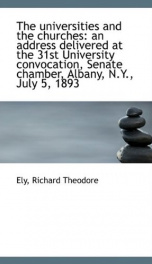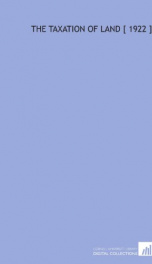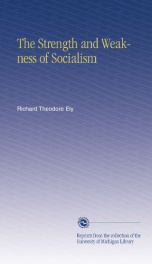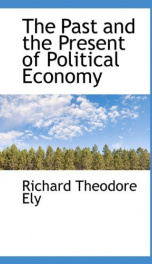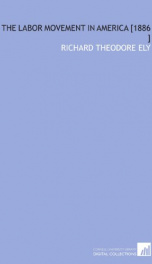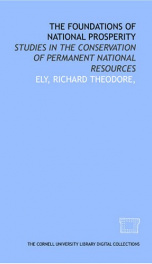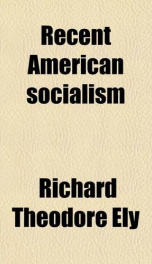science economic discussion
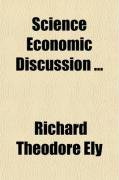
Purchase of this book includes free trial access to www.million-books.com where you can read more than a million books for free. This is an OCR edition with typos. Excerpt from book: THE STATE AS AN ECONOMIC FACTOR. There is no more significant difference between what, for lack of better terms, we may call the old and the new schools of political economy than their respective attitudes toward the state. The old schcol, in which I would include Adam Smith and his best-known English followers, culminating in the so-called orthodox economists, derived, their ideas in regard to the nature and functions of the state from the views of the writers on jural and political science which prevailed in the latter half of the last century. They have almost universally accepted these conceptions of the state as fully satisfactory for the uses of the economist, without any real attempt at an analysis of the functions of the state from the economic side. It is hardly necessary to say that these ideas have long since been repudiated by the cultivators of the jural and politico- philosophical sciences as entirely unsatisfactory. But the orthodox economist has held to them as if they were law and gospel. We have, as a consequence, the rather absurd phenomenon of the cultivators of one science holding to the conceptions taken from another which the latter itself rejects as worthless for all scientific purposes. The new school, on the contrary, has simply adapted itself to the changed conditions, and accepted the results of scientific progress in neighboring fields, and on this as a foundation has undertaken to carry the science anotherstage forward in its development. It has indeed contributed something to jural philosophy itself by its attempts to analyze the concept of the state from the economic side, in order to ascertain the function which it performs in the process of economic production and distribution. Adam Smith. in common with the tendencies of his time in the ...
Info about the book
Author:
Series:
Unknown
ISBN:
0451196716
Rating:
4/5 (5)Your rating:
0/5
Languge:
English
Users who have this book
Users who want this book
What readers are saying
What do you think? Write your own comment on this book!
write a commentGenre
if you like science economic discussion try:
Other books by this author
Do you want to read a book that interests you? It’s EASY!
Create an account and send a request for reading to other users on the Webpage of the book!

